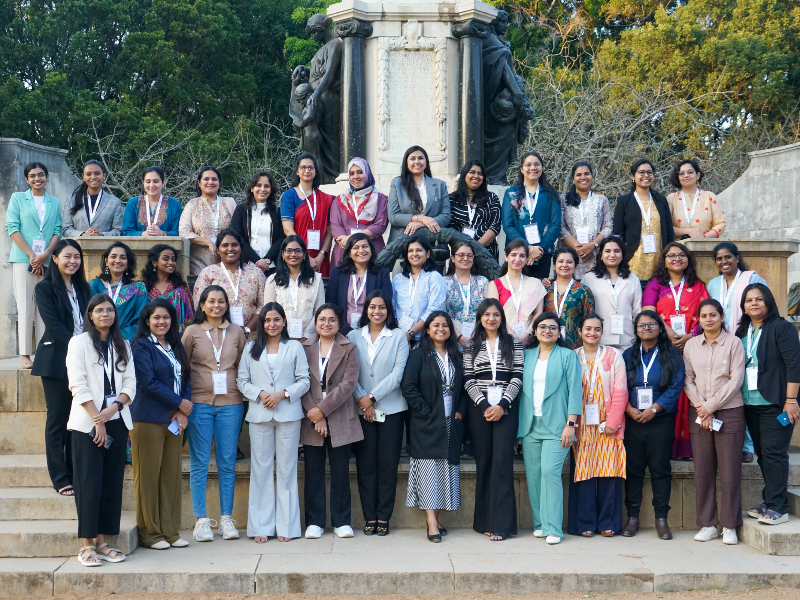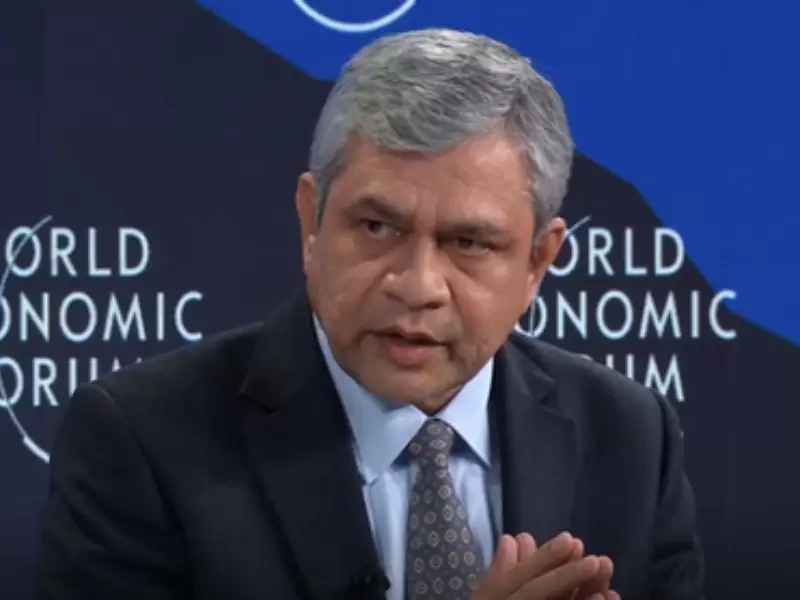Immigrant doctors help serve rural, low-income American communities
The study analyzed the impact of the Conrad 30 Waiver Program as an effective tool in addressing the shortage of healthcare workers in these areas
 Representative Image / Pixabay
Representative Image / Pixabay
Foreign-born doctors are essential in providing healthcare services in rural and low-income communities, a news study by the University of California San Diego’s School of Global Policy and Strategy found.
The research highlighted that only 11 percent of physicians practice in these rural and low-income areas, which are home to almost 20 percent of the country’s population, resulting in a shortage of physicians and eventually negative health impacts for the people in these areas.
“The U.S. is expected to have a shortfall of about 124,000 physicians by 2034. Our research suggests that with the limited supply of physicians completing medical school at U.S. universities, foreign-born and educated physicians can provide a potential source of supply in underserved areas,” said Gaurav Khanna, assistant professor of economics at the school and coauthor of the National Bureau of Economics Research working paper.
The researchers analyzed the impact of the Conrad 30 Waiver Program—first introduced in 1994—which allows some international medical residents to waive the requirement of returning to their home country for at least two years after they complete their residency.
The program was amended in 2002 to increase the per-state cap on the number of Conrad 30 Waivers from 20 to 30, thereby allowing more international medical residents to stay in the U.S. and begin their practice.
On evaluating data from the program from 1997 to 2020 to analyze the impact of the visa program on all states, researchers found that it helped all states address shortages in physicians, leading each state to add 100 new foreign-born doctors, especially in rural and underserved areas.
“By relaxing visa requirements, the gap in the supply of international medical school graduates between both better-served and underserved counties decreased by about 41% in the 33 states with fewer restrictions on the program, without any detectable effects on U.S.-trained doctors,” Khanna said.
The research advocated for flexible visa requirements for international doctors, as it helps the U.S. deal with medical shortages especially during health crises and pandemics, without reducing the employment of U.S.-trained M.D.s.
ADVERTISEMENT
ADVERTISEMENT
E Paper
Video




1759953093.png) Staff Reporter
Staff Reporter













Comments
Start the conversation
Become a member of New India Abroad to start commenting.
Sign Up Now
Already have an account? Login